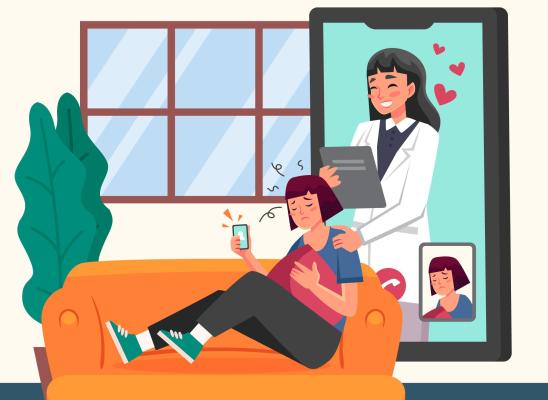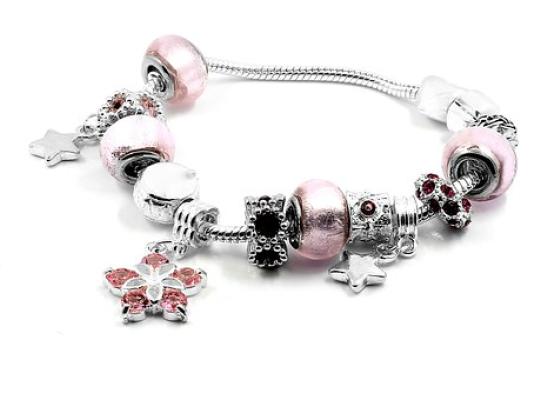CoPs Model for BFRB Treatment

Online test
Find out the severity of your symptoms with this free online test
A recent study published in the Journal of Clinical Psychology suggests another approach BFRB treatment is quite effective. Results indicate that the CoPs treatment model was significantly effective in 74% of the 54 participants indicating this approach is a good option for people with BFRBs to try. Very promising!
So what is it?
CoPs is short for cognitive psychophysiological model, which is based on the science that combines cognitive science and physiology. Cognitive science is the study of thinking and knowing; psychophysiology is a way to measure psychological states using physical processes. One of the most common ways to do that is to measure the central nervous system (CNS) and autonomic nervous system (ANS) responses through heart rate, galvanic skin response, or sweating. With the widespread availability of brain imaging, cognitive psychophysiology can now measure psychological states using fMRI and other imaging techniques.
The treatment model in question uses CoPs to inform the intervention, and research shows this treatment is effective for tic disorders and Tourette’s syndrome. The next question, of course, is why a treatment that works for tic disorders would help people with BFRB’s. Well, researchers suggest that BFRBs have some things in common with tic disorders such as both of them are “semi-voluntary,” they both have similar trigger profiles, and relief from sensations involve sensory stimulation. In other words, skin picking behaviors are not a choice, so one argument is that they are compulsive similar to obsessive-compulsive disorders and another argument says they are closer to tic disorders because of the preceding build-up of tension followed by the sensory relief a person experiences after picking.
How it works
The CoPs model of treatment occurs in stages and lasts 14 weeks. It includes training on symptom awareness and habit reversal, but it also uses cognitive behavioral restructuring. Awareness training includes muscle discrimination, muscular relaxation, prevention of tension, identification of high and low-risk environments, reduction of sensorimotor activation and then moves into retraining through modifying background style of action, cognitive-behavioral restructuring of perfectionist beliefs that lead to behaviors. After completion of the awareness and training stages, treatment moves to generalization and relapse prevention which includes four weeks of practicing skills at home with only phone coaching.
Remarkably, the early research of this treatment with people who have tic disorders or Tourette syndrome reported excellent results immediately after therapy as well as 6 months later when relapse tends to occur. In the recent research, 54 people with BFRBs participated in the study and went through the full 14 weeks of treatment provided by therapists who specialize in BFRBs. When researchers report that 74% of the participants showed “clinically significant improvement” that means it worked very well. To reiterate, there was little ambiguity in whether the participants benefited from the treatment. Surprisingly, the participants not only showed improvement in BFRB behavior, but they also reported better mood and increased self-esteem.
This is good news
We know people with skin picking disorder experience it differently. Cognitive behavioral therapy and habit reversal training are good therapy options, but now the CoPs model of treatment offers another direction for those with a style of skin picking disorder that makes it more similar to a tic disorder than to OCD.
Online test
Find out the severity of your symptoms with this free online test
Start your journey with SkinPick
Take control of your life and find freedom from skin picking through professional therapy and evidence-based behavioral techniques.
Start Now



